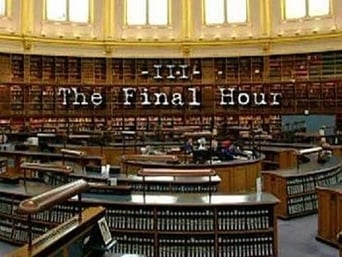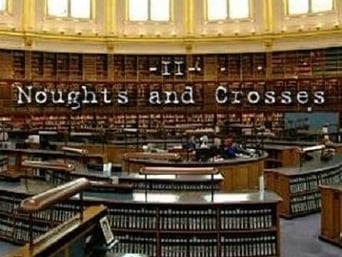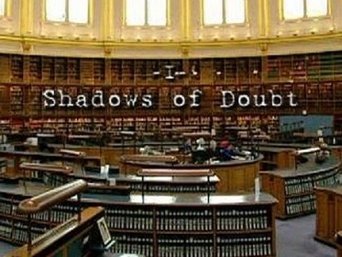pottypat
A first class polemic not without humour by the erudite now Sir Jonathan Miller. This does not seek to demolish religion but rather to point out the obvious, that anything based on a given, or belief is possibly by its very nature false. Belief is that one unconditionally accepts things as true regardless of if there is no supporting evidence and today we are surrounded even more by the violent and catastrophic results of this. Miller's informative documentary, with Bernard Hill adding the odd historical quote, was pleasure to watch as he examines centuries of intelligent thought and unintelligent stupidity. 'Which God do you want to believe in, the one that made you or the one that you made?' 'Your ability to think is God's gift to you. What you think about is your gift to yourself' Prem Rawat
ignazia
Dr. Jonathan Miller has been a long-time favourite of mine since his "Fringe" days and his breadth of academic knowledge and plain life experience continues to astound me. He has qualifications not only in medicine but also in the arts - for a full bio I suggest a visit to his entry in Wikipedia. Quite an exceptional person.In this 3-part program Dr. Miller presents a logical and eminently interesting train of thought about basic beliefs and how people in positions of power have used the general populace's need for mental direction as a method of control. This is most obvious with regard to most religious practices. To those of us who have long questioned the established modes of religion this comes as a breath of fresh air. To be sure Dr. Miller's relaxed manner and soporific vocal tones can cause one to drift into a dream-like state but the facts are presented calmly and without confrontation for us to ponder.I can't help but notice that this show has been twice broadcast during the tiny hours of the morning - hidden away unless you look for it. I am currently watching a repeat showing on PBS/KCTS (Wednesday 1.30 PST). Catch it if you wish to peek out of your paradigm..
howToDie
One of the questions arising after watching 'Brief History of Disbelief' is the choice of its title. It is deeply ironic in the sense that the movie is neither 'brief' nor even historical. Instead the documentary is a long 3 hour opinionated ramble with no historical time-line and little educational value.The movie starts with an attempt to show that theistic beliefs are inferior to other forms of beliefs including what the narrator insists on calling 'knowledge'. The presentation fails on both counts of clarity and accuracy. It is not clear since it uses jargon borrowed from Philosophy of Mind which can be both misleading and incomprehensible for the general audience. It lacks accuracy, since the narrator displays blatant ignorance of the subject and contradicts general consensus achieved in Epistemology, i.e. that it is almost impossible to demarcate between rational and irrational not only in our daily lives and folk beliefs, but even when it comes to scientific methods. For anyone interested in the subject, an introductory course in Philosophy (specifically in Metaphysics, Epistemology, or Philosophy of Science) can present a coherent contemporary view on the topic.The rest of the movie marks some change from dogmatic philosophizing in its first hour. However, it is equally disappointing and it fails to deliver on the promised "history of disbelief" as it neither provides a satisfactory theory about the origins of atheism nor does it give a coherent hypothesis of why it became so dominant. Instead, the narrator picks up a famous historical figure, examines origins of her personal anti-Christian convictions, and then moves on to another random famous person. As a result it is not surprising there is hardly any structure to this presentation.Perhaps the most entertaining aspect of the movie is continuous interjection by the second narrator with an anti-religious witty joke or poignant remark made by some historical figure. Clearly these jokes are not picked up for their intellectual qualities, but rather for their emotive appeal. They are as vaguely offensive to theists suggesting their weak-mindness as they are vaguely self-congratulatory to atheists on the similar ground. However, since theism (a belief that there is god) and atheism (a belief that there is no god) are both mere beliefs, there is really no rational basis for these self-righteous overtones. Once this is sorted a funny analogy appears. It's an analogy between the ATHEISTIC rant of the narrator in "Brief History of Disbelief" and the THEISTIC rant of, say, Pat Patterson on Christian Broadcasting Network. Both are religious crusades which are offensive to the other camp and congratulatory to yourself.Finally, it must be mentioned that the lack of any cinematic account on the history and nature of non-theism (and specifically atheism) makes the failure of this documentary particularly disappointing. It could have been the first attempt to explore this philosophically, historically, and sociologically fascinating subject. Unfortunately, it is not. It is just a misdirected effort by a layman director with little education on the subject and strong anti-Christian convictions.2/10 for a couple of interesting references, otherwise 1/10.
obscuranta
This was well-done, and very well-put overall. I felt the last episode did a disservice to the Russian Revolution and Soviet Union by conflating communism with the horrors of Stalinism (there is so much more to the history than Stalin), though I certainly agree that under Stalin, too many people died. However, the atheism of the Soviet Union had nothing to do with it- consider that under Stalin a lot of the Churches were re-built, for instance.In any event, the use of quotes from the Greek Philosophers all the way through and beyond Thomas Paine and Freud were masterfully done by the actor voicing them. I think that this is a valuable, though not perfect, series on the subject. It is not recriminatory, it is informative, and it is both personal and universal in its scope. Jonathan Miller interweaves his own atheism and the history thereof into the history of the world's very well, indeed.This is a calmly presented and very interesting document. It also will expand your reading list quite a bit.
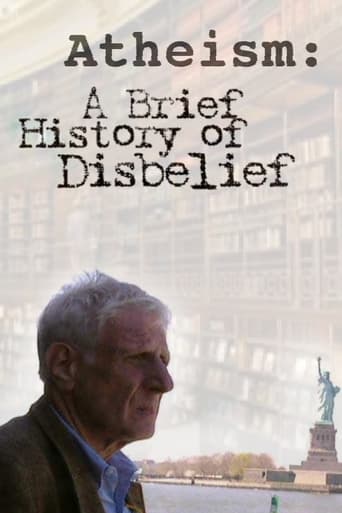
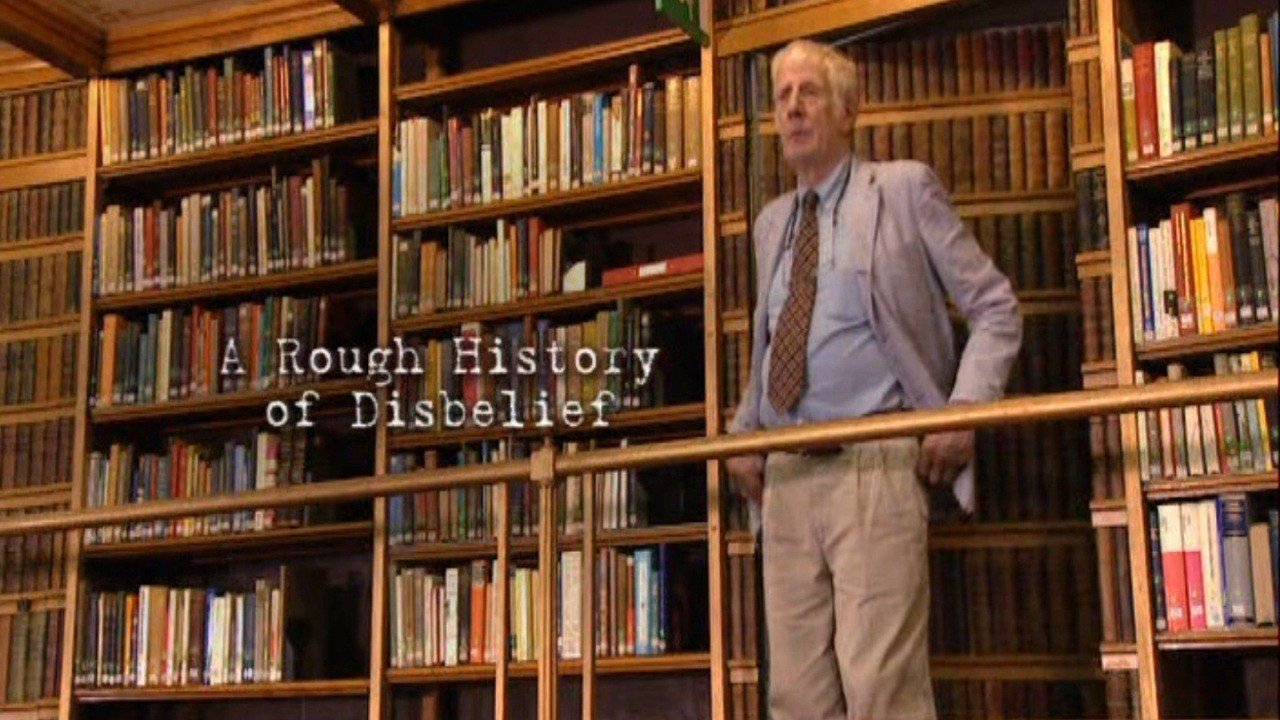
 AD
AD

